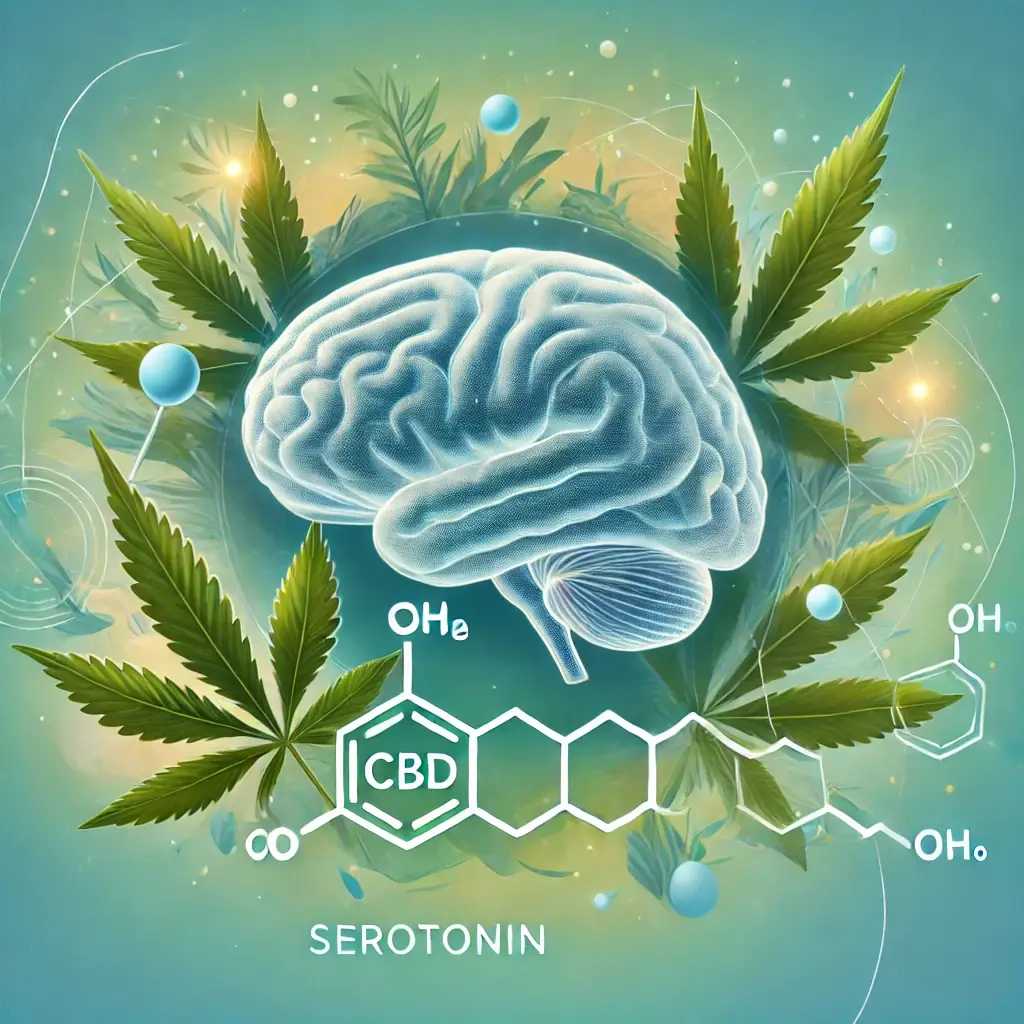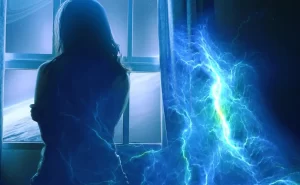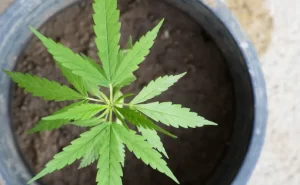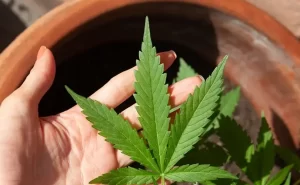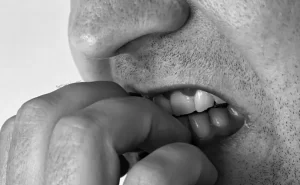MDMA for PTSD Therapy
MDMA-assisted therapy is a new therapeutic technique for PTSD (post-traumatic stress disorder) that has shown promise in clinical trials. Here’s a breakdown of what we now know:
What is MDMA-assisted psychotherapy?
MDMA, sometimes called ecstasy or molly, is a synthetic substance with euphoric characteristics.
In a therapeutic setting, MDMA is given in a controlled atmosphere under the supervision of a certified therapist.
Therapy sessions are often held concurrently with or immediately after MDMA ingestion, and they focus on processing painful memories and experiences.
How might MDMA help with PTSD?
MDMA produces greater empathy, emotional connection, and openness. This could help people with PTSD encounter and process unpleasant memories less scarily.
MDMA-assisted treatment is not a cure; it is designed to be used in conjunction with traditional psychotherapy for PTSD.
Therapy sessions can help patients use their emotional states to obtain fresh insights into their trauma and create coping skills.
Clinical trial results:
Several Phase 2 and Phase 3 clinical trials found that MDMA-assisted therapy reduced PTSD symptoms significantly more than placebo therapy.
In September 2023, the Multidisciplinary Association for Psychedelic Studies (MAPS) published good Phase 3 study results, which are a significant step toward probable FDA approval of MDMA for PTSD treatment.
Important considerations:
Limited Availability: MDMA-assisted therapy is still being investigated and is not yet generally available. Some people may consider participating in clinical trials. MDMA-assisted treatment is not a cure; it is designed to be used in conjunction with traditional psychotherapy for PTSD.
MDMA-assisted therapy has shown potential as a new treatment for PTSD.
Potential side effects of MDMA include nausea, anxiety, and jaw clenching. There may also be unexpected psychological risks connected with its use.
Legality: MDMA is now classed as a Schedule I substance by the DEA in the United States, indicating that it has a high potential for abuse and no currently accepted medicinal uses. However, research into MDMA-assisted therapy may lead to modifications in its legal position.
Resources for more information; provide resources on psychedelic studies and PTSD:
NIMH https://www.nimh.nih.gov/health/topics/post-traumatic-stress-disorder-ptsd
Overall:
MDMA-assisted therapy has shown potential as a new treatment for PTSD. However, it is currently being investigated and is not a commonly available treatment. If you want to learn more about this technique, speak with a mental health practitioner who specializes in PTSD treatment. They can talk about your treatment options and help you decide whether MDMA-assisted therapy is a good fit for you.

